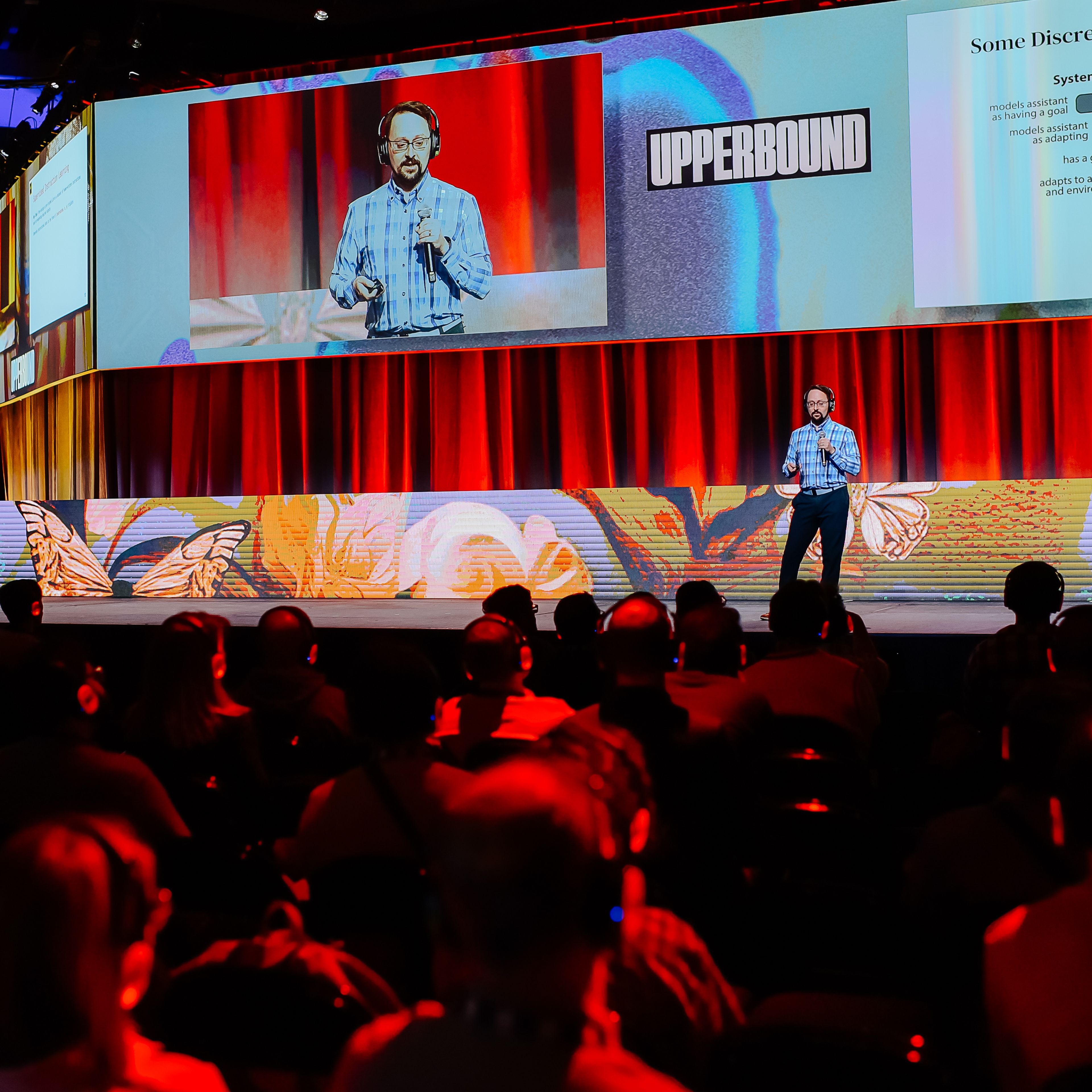Loading...
Ultrasounds are one of the most frequently used and versatile diagnostic tools in medicine, used in everything from monitoring pregnancies to detecting heart problems. But not everyone has easy access to this powerful medical tool — yet.
In the latest episode of Approximately Correct, Jacob Jaremko discusses how machine learning is being used to make ultrasounds easier and more accessible to everyone. Jaremko is an Amii Fellow, Canada CIFAR AI Chair, pediatric radiologist at MIC, biomedical engineer, and entrepreneur.
As he explains to hosts Alona Fyshe and Scott Lilwall, ultrasound devices are relatively portable, sometimes even the size of a smartphone. However, since they use sound waves to see within the body, they can be very difficult to use and interpret the results.
“It's very hard for people to understand without training, you're looking at these pictures and it just looks like a snowstorm, “ he says. “It's really easy to acquire images, but it's a lot harder to interpret and understand what you're looking at.”
Jaremko says this means people who don’t have ready access to trained radiologists can have difficulty accessing ultrasounds, especially those in rural areas and remote Indigenous communities. Even when there is access, heavy caseloads can cause slowdowns.
Jaremko has focused on using machine learning to build smarter, more intuitive ultrasound devices that can be used with less specialized training. That involves software that can guide the user through the process of taking the images, as well as helping them interpret the images afterwards. That could give medical professionals in more remote areas the ability to administer ultrasounds and make a great impact on the lives of patients.
“The goal is to have the AI tools that I'm building actually in use among as many patients as possible, making medical care more effective, more efficient, more cost-efficient, more equitable,” he says.
“I want to be able to say to my grandkids that I helped us take care of people a bit better using these tools.”
In the episode, Jaremko also discusses his entrepreneurial endeavours and his dual roles as both a scientist and startup founder, and the journey of translating his AI research into real-life applications.
Listen or watch the full interview to learn more about Jaremko’s work on AI-enabled ultrasound, and his thoughts on the potential that reinforcement learning has in powering new advancements in health care.
Approximately Correct: An AI Podcast from Amii is hosted by Alona Fyshe and Scott Lilwall. It is produced by Lynda Vang, with video production by Chris Onciul. Subscribe to the podcast on Apple Podcasts or Spotify.

Not Your Average AI Conference
Learn from Leading Minds in AI at Upper Bound
Be one of the thousands of AI professionals, researchers, business leaders, entrepreneurs, investors, and students in Edmonton this spring. Explore new ideas, challenge the status quo, and help shape a positive AI future.